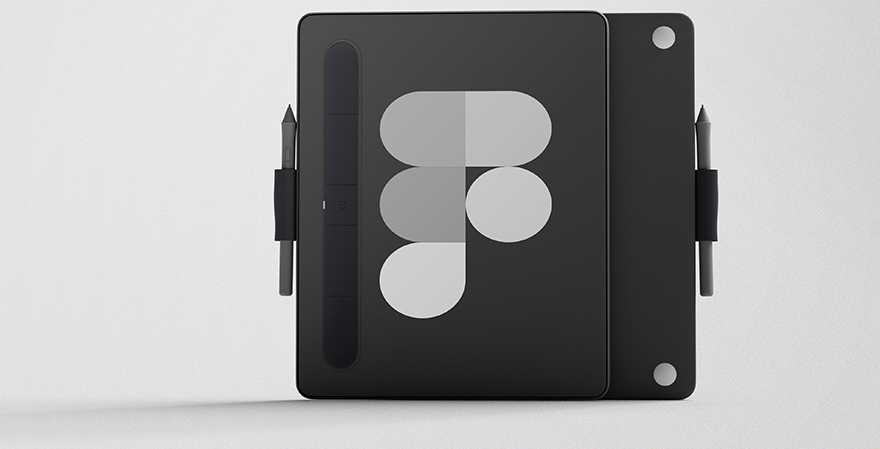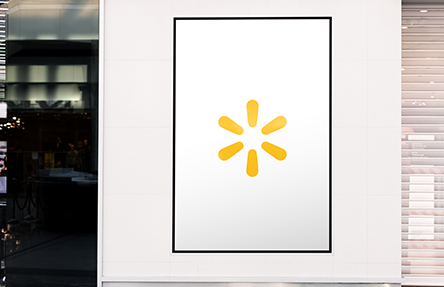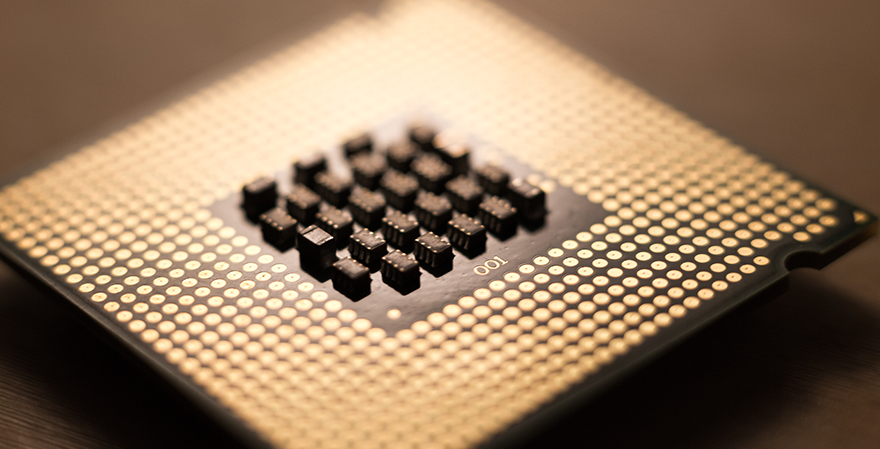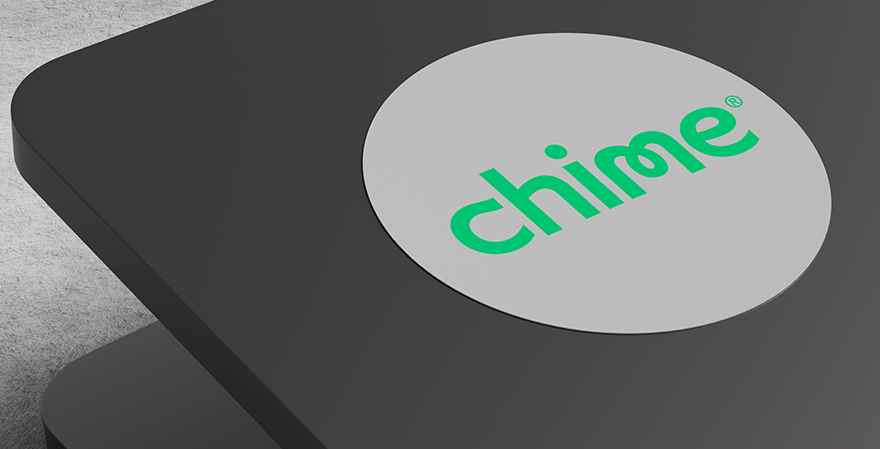Figma Takes on Lovable in Trademark Clash as 'Dev Mode' Sparks New Tech Rivalry
 Apr/19/2025
Apr/19/2025
Figma, the design software giant recently valued at $12.5 billion, has ignited a trademark dispute with Swedish AI startup Lovable over the phrase 'Dev Mode'. While Figma officially trademarked the term last year, critics argue it’s already widely used and should remain generic. Lovable, fresh from a $15 million funding round, refuses to budge, setting the stage for a potential showdown amid intensifying competition and Figma's IPO ambitions.
The controversy began when Figma sent Lovable a politely worded cease-and-desist, instructing the startup to stop using the term 'Dev Mode' for its code-editing feature. Although Figma holds a trademark for this particular phrase, critics argue 'dev mode' is standard terminology used widely in software development, including by companies like Apple, Google, and Microsoft. Legal experts suggest Figma’s aggressive defense is understandable, given trademarks can become unenforceable if widely adopted as generic. Lovable CEO Anton Osika sees it differently, asserting his startup has no plans to back down, potentially opening doors to a drawn-out international legal battle. Meanwhile, Figma has selectively enforced its trademark, notably ignoring bigger players, prompting accusations that the company’s motive may be more about competitive rivalry than brand protection. The following visualisation shows detailed information on the registered Figma trademark 'Dev Mode'.
Yet, this conflict extends far beyond trademark semantics—it's symbolic of deeper shifts in tech competition. Lovable positions itself directly against established design tools like Figma, offering AI-powered "vibe coding," where users generate and refine designs through text prompts. Osika boldly claims Lovable is already winning customers from legacy platforms, suggesting startups powered by generative AI could redefine the industry landscape. Figma CEO Dylan Field publicly downplays vibe coding's threat, emphasizing that while AI-driven prototyping is fast, it doesn’t guarantee polished results. Regardless, Figma’s decision to pursue an IPO during uncertain market conditions, complicated further by President Trump's volatile trade policies, underscores high stakes. How Figma navigates both its IPO path and this trademark skirmish may offer crucial insights into whether established companies can successfully fend off AI-driven challengers in an evolving marketplace. The following table shows Figma's valuation in selected years between 2013 and 2024.






















